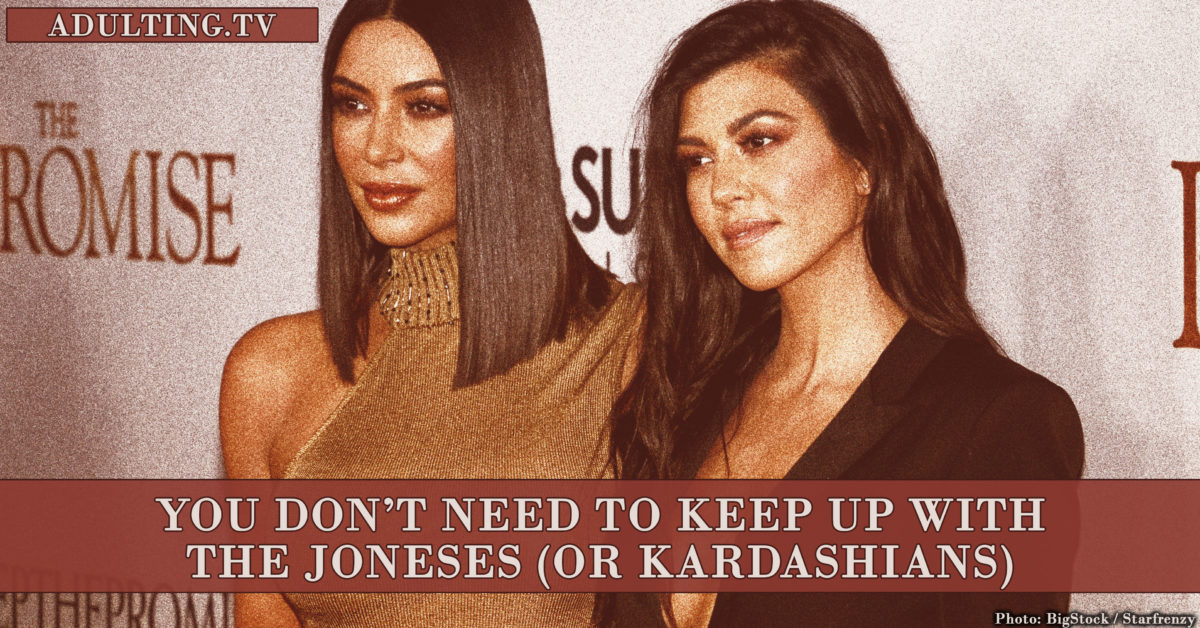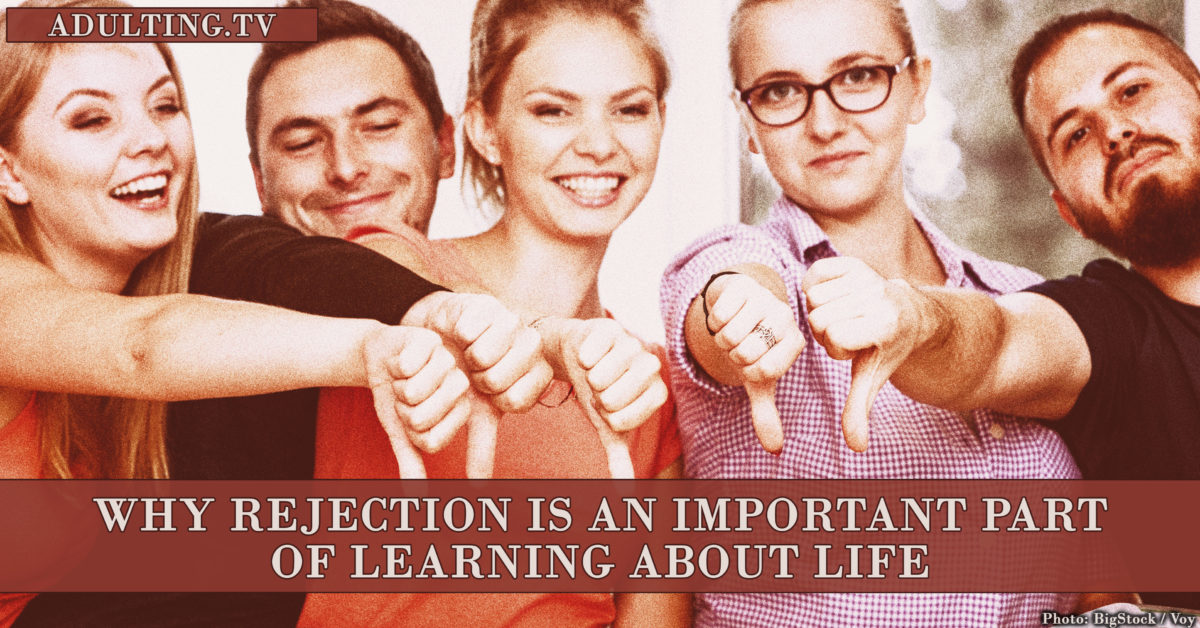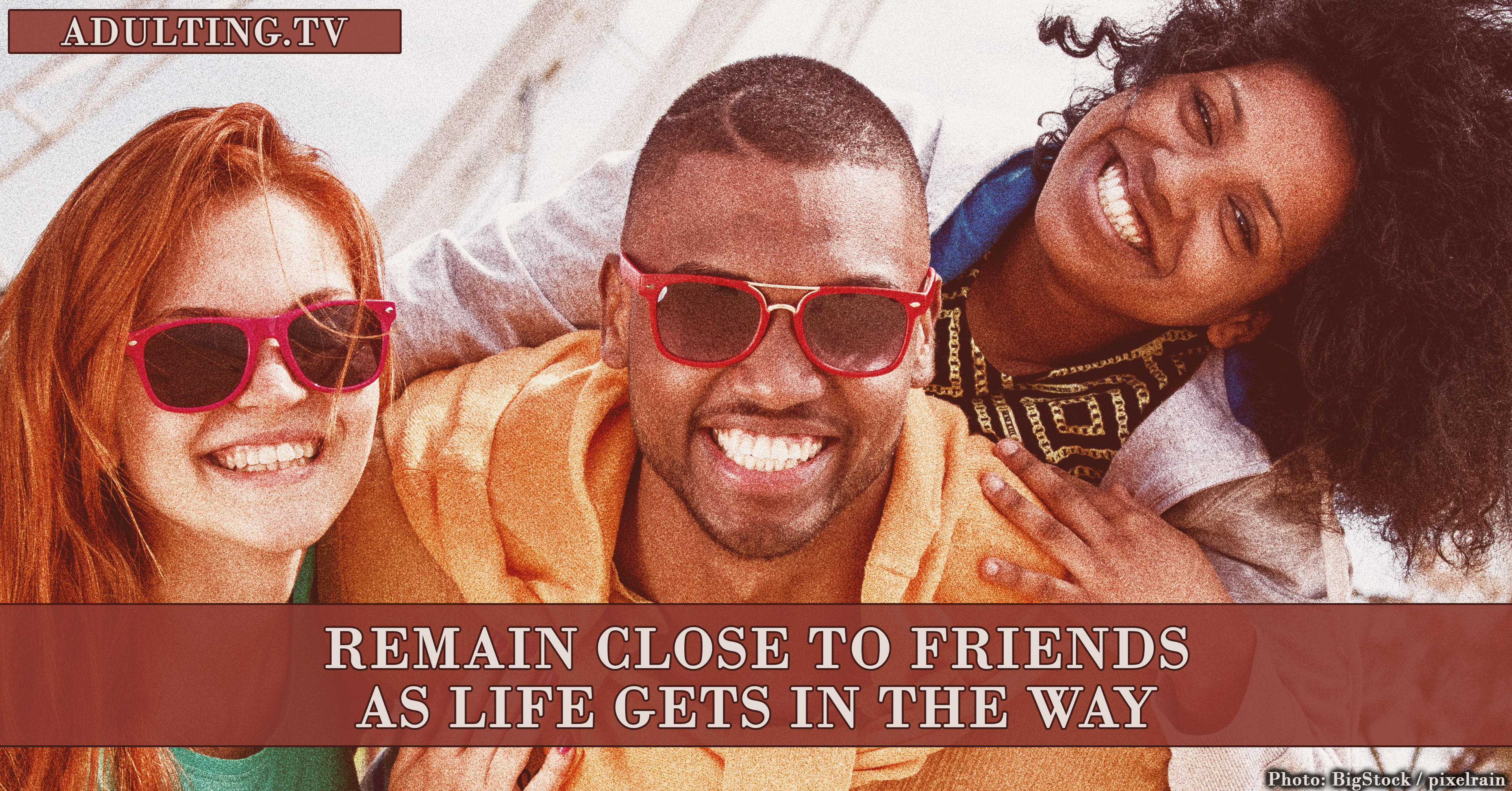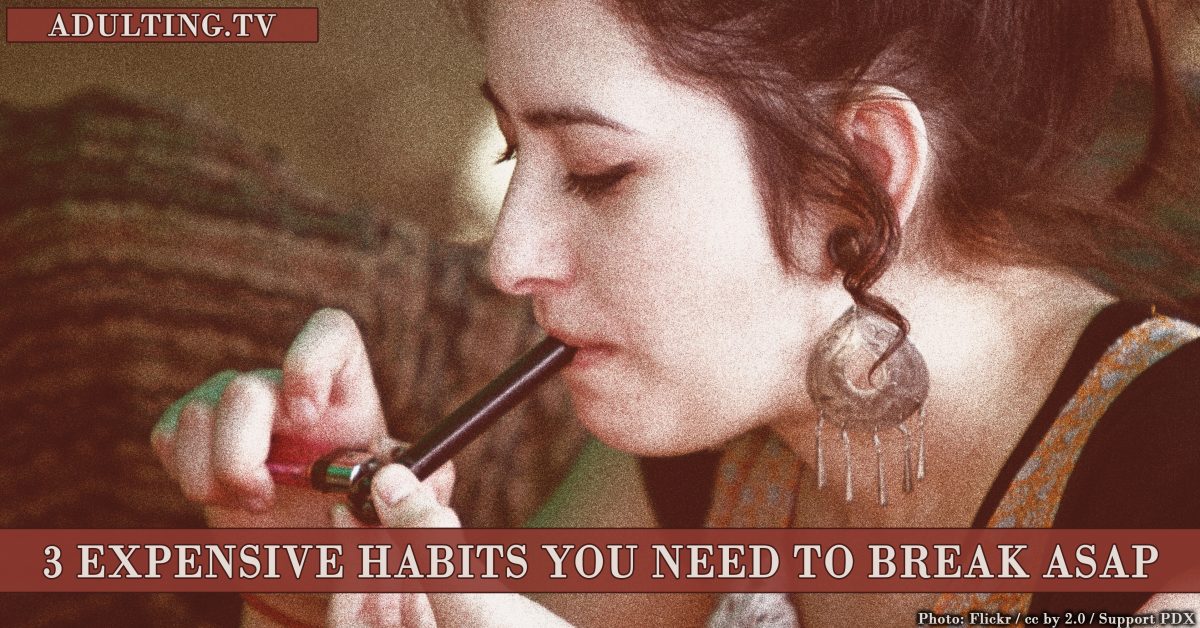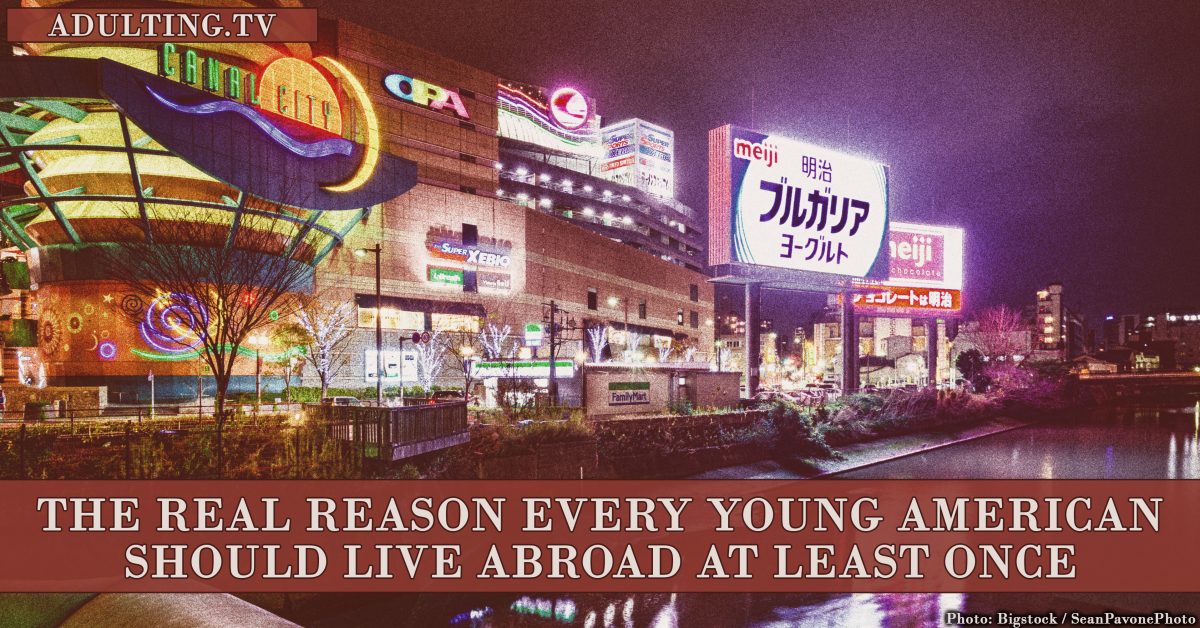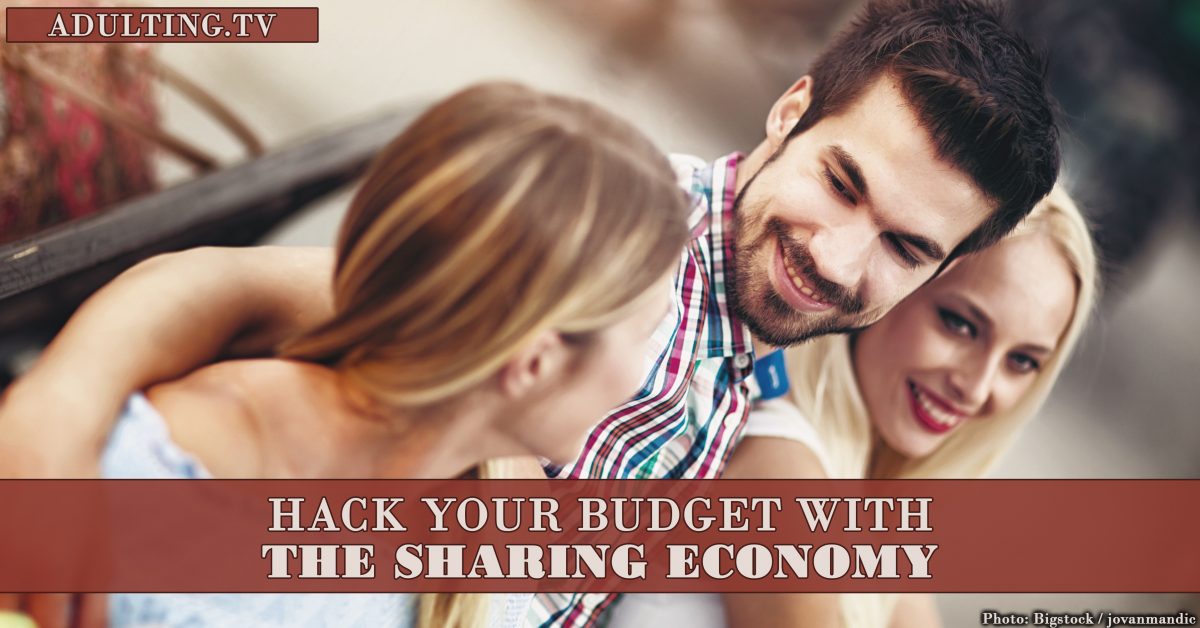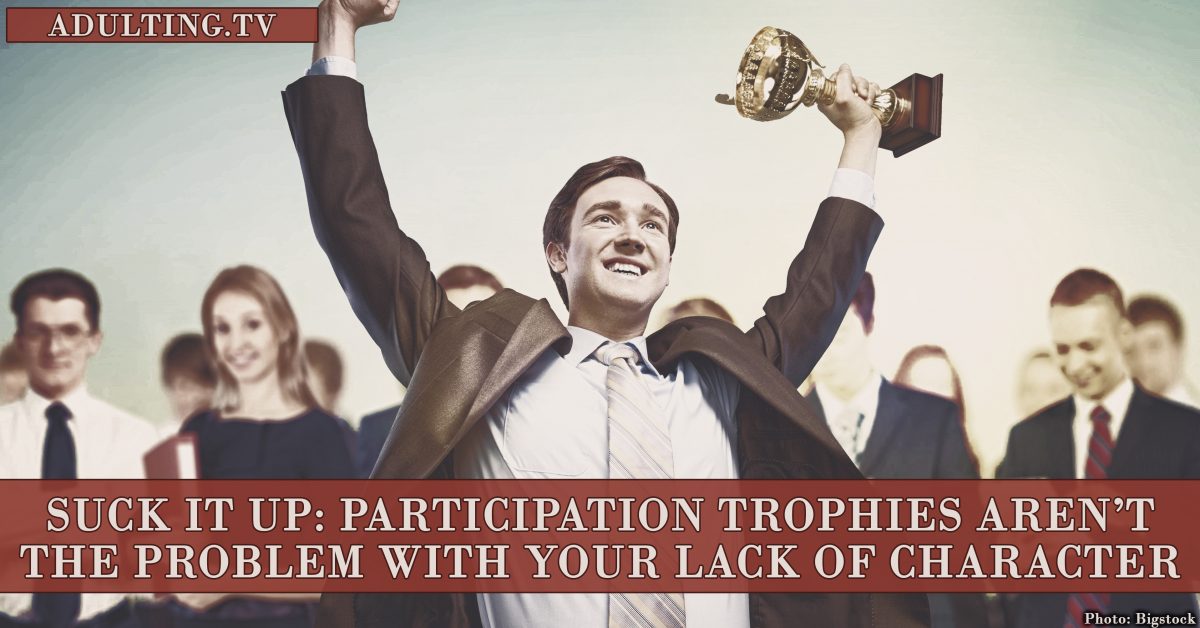I used to spend a lot of mental energy comparing my life to other people’s lives.
My home was never good enough. My clothes never had enough labels. And no matter how hard I tried, I could never live up to the people that I was comparing myself to.
Are you jealous of the Joneses?
I discovered the hard way that always trying to keep up with other people set me up to lose.
I didn’t have as much money as the people I was comparing myself to. I wanted their stuff, though. So I tried.
I didn’t have enough resources. Each time I tried to keep up with these people, I lost financially.
Why?
Because I had to use debt (credit) in order to pay for the stuff that the Joneses had, but I didn’t.
That sucked.
The long-term pain of those financial decisions that I made just wasn’t worth it. It has taken years to pay off the debt that I got into trying to keep up with people who could care less about how I lived my life. The certainly didn’t care about my financial well-being.
I had to hit financial rock bottom in order to change my perception of what was important for me financially.
I was broke, my mom had lost her job, and I was working at Starbucks trying to keep it all together. I was getting constant calls from creditors wanting their money and I wasn’t able to live up to my obligations making $9 at Starbucks.
At that point, I really hated the Joneses and I hated all of the bad financial decisions that I made trying to live a financial lie. Every day those financial lies bit me in the ass. Painful.
In retrospect, I wish that I’d just been honest about the fact that I was jealous of the Joneses.
No one cares about your finances as much as you do.
The Joneses don’t care about your finances.
Seriously, they really don’t. Especially if they’ve never met you.
Let’s be real. The Joneses (and everyone else) focus on their own personal finances. It is baffling to me how many people go into debt to purchase a lifestyle that they can’t afford to impress people that don’t know them.
So, I spend a lot of time being baffled by my own bad financial decisions trying to look cool for people who didn’t know me and weren’t invested in me having a strong and healthy financial life.
Think about every time you rushed to buy a new outfit for that trip that you’re going on two months from now. The people in that town have never met you, but you’ve made a decision to buy new clothes for people who have no clue what you were wearing before they met you. I used to do this. I would go on a trip (that I charged), then get new clothes (that I charged) and then go on a trip and meet great new people. Dumb.
The people in that town have never met you, but you’ve made a decision to buy new clothes for people who have no clue what you were wearing before they met you. I used to do this. I would go on a trip (that I charged), then get new clothes (that I charged), and meet great new people. Dumb.
These great new people don’t care that you bought a new outfit to impress them. They’d like you no matter what you wear.
It really pains me to think about this every time I send a payment to a creditor. What if I had saved that money and just paid cash for the same experiences, clothing, and trips? I feel like I made a deal with the Credit Devil. And the Credit Devil was laughing at me each time I made a bad financial decision based on envy.
What if I had used that money to pay off (or, at least make a dent) in my student loans? I realized that focusing on other people and what they had resulted in giving up my financial power to other people.
Are the Joneses really that rich?
Here is the final, and hopefully, most compelling reason you don’t need to keep up with the Joneses (or Kardashians): you have no idea what their financial reality really is.
It is very easy to look wealthy without actually having cash money.
It’s also very easy to have money and lose it all.
Let’s work through a list of people who earned a ton of cash, people we all envied, but were actually broke or ended up broke.
- MC Hammer: He tried to lift up an entire community by basically hiring an entire community. His heart was definitely in the right place. But he ended up going bankrupt even though he made millions of dollars.
- Famous athletes: As reported by Sports Illustrated, almost 80% of professional athletes go broke once they retire. These are guys who typically earn millions during a short, sexy career running with or kicking ata ball. For those of us who cheer them on, it’s hard to wrap our heads around the idea that they could ever go broke. But, the numbers don’t lie. A majority of them do.
- 50 Cent: This one falls under karma. He wrote a whole song called “Window Shopper” that basically shamed someone for window shopping.
Check out some of the lyrics:
“Man you’s a window shopper
Mad at me, I think I know why
Man you’s a window shopper
In the jewelry store lookin’ at shit you can’t buy
Man you’s a window shopper
In the dealership tryna get a test drive
Man you’s a window shopper Mad as fuck when you see me ride by.”
Nice.
Of course, he had his own financial troubles.
Here’s some real talk. No one will care about your money as much as you do.
No need to keep up with the Joneses when you know your financial stuff.
It is now easier than ever to get what you want for a lot less through comparison shopping, savings apps, and old-fashioned financial discipline.
Spend time learning how to manage your cash and grow your income.
And, always remember: unless you can get up close and personal with someone’s financials you never know what’s behind their financial curtain.
Don’t make financial decisions that will hurt you in the long run, trying to live someone else’s reality. Live your own reality-for less. Challenge yourself and see what you can make happen.

